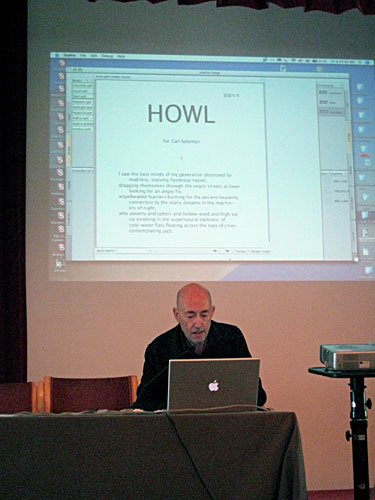From Good Morning Silicon Valley…
The risk in asking customers what they want is that they will tell you. And then, spoiled brats that they are, they will expect you to follow through. It’s a risk Dell took two weeks ago when it launched IdeaStorm, a collaborative suggestion box intended to surface the deepest wants and needs of customers. Turns out the biggest, or at least most vocal, demand by far is for Dell to offer computers with the Linux OS preinstalled…
According to Nate Anderson of ArsTechnica, 85,000 users went to the trouble of creating an account on the Dell site and voting for the “pre-installed Linux” option, and another 55,000 asked for “pre-installed OpenOffice.”
IN a statement, Dell responded to the IdeaStorm firestorm by saying that it wouldn’t be able to meet the demands because customers want too many variants. “There is no single customer preference for a distribution of Linux,” said Dell. “We don’t want to pick one distribution and alienate users with a preference for another.”
Ryan Paul — also of ArsTechnica, is sympathetic to the company’s dilemma.
The big problem with Linux preinstallation, he writes,
is that one size rarely fits all. Although modern community-driven distributions like Ubuntu and Fedora are designed for a broad audience, serious Linux users are very particular about how their systems are configured. This is even more true for users who prefer highly granular distributions that provide more installation options. Smaller hardware vendors that specialize in Linux preinstallation are better equipped to accommodate user requests for certain configurations.
As an individual Linux user, I would much rather see Dell make Windows optional for every computer and focus on ensuring that the hardware components in Dell computers are compatible with Linux in general rather than specific Linux distributions.



